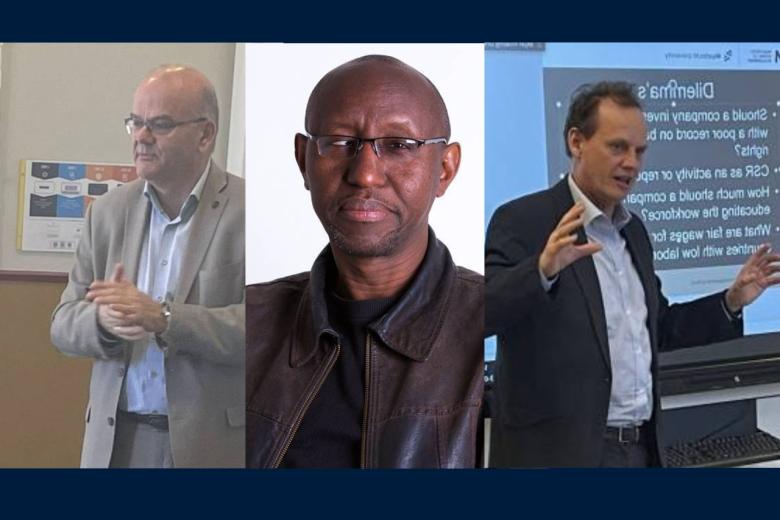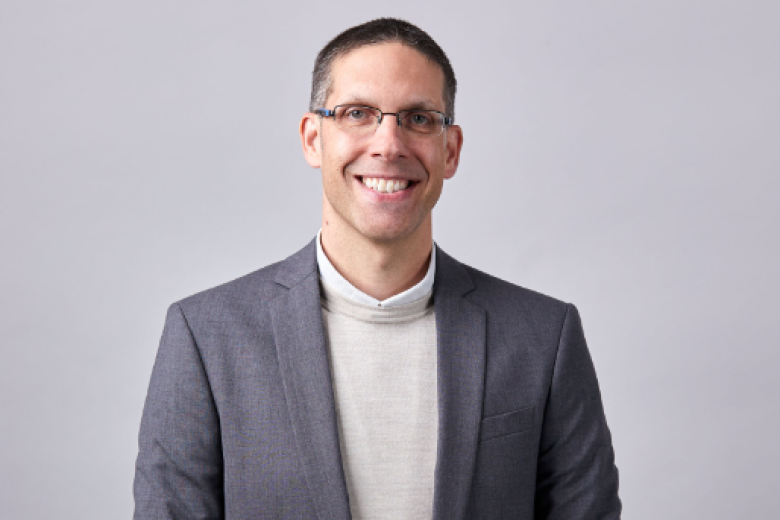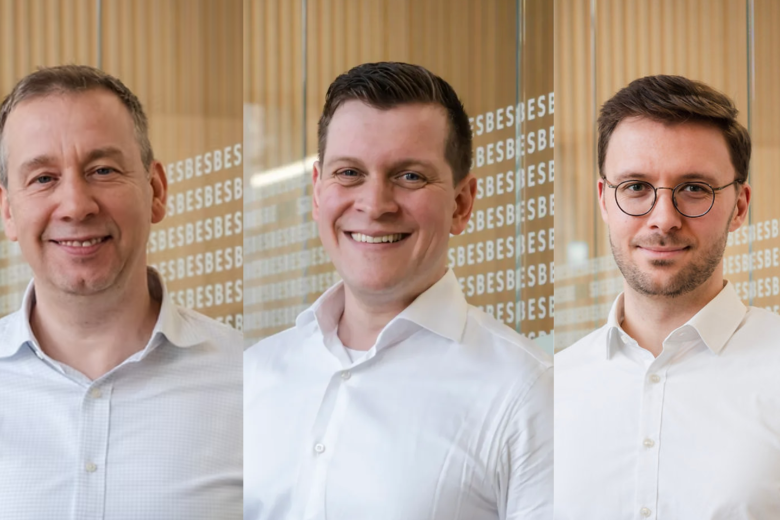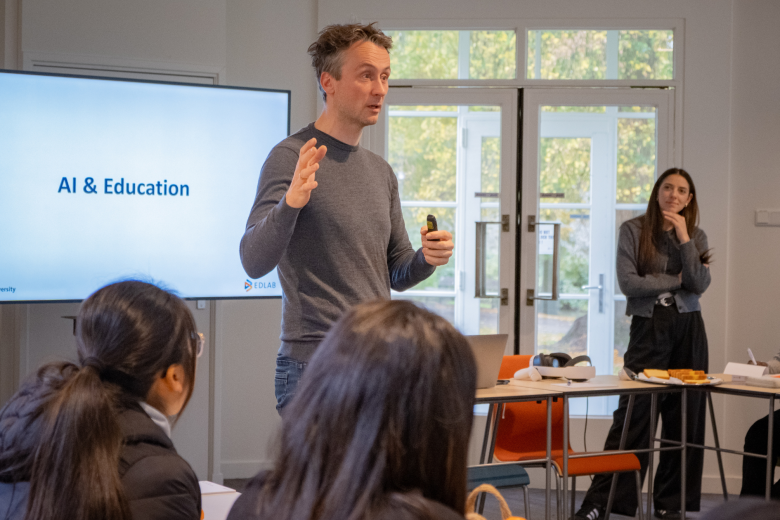How institutions are formed and affect prosperity | SBE Academics React to Nobel Prize in Economics 2024
On 14 October 2024, The Royal Swedish Academy of Sciences awarded the 2024 Nobel Prize in Economic Sciences to Daron Acemoglu, Simon Johnson and James Robinson for studies of how institutions are formed and affect prosperity.
"This year’s laureates in the economic sciences – Daron Acemoglu, Simon Johnson and James Robinson – have demonstrated the importance of societal institutions for a country’s prosperity. Societies with a poor rule of law and institutions that exploit the population do not generate growth or change for the better. The laureates’ research helps us understand why." - Press release. NobelPrize.org
Below, you will find three opinion pieces by SBE academics who were eager to share their thoughts on this year's Nobel Prize Laureates.
Coming down from the ivory tower - by Stefanie Roost
Their work continuously advances academic knowledge in various fields of Economics, ranging from their contribution to institutional economics to research on technical change and labour dynamics. But beyond that, the three brilliant researchers are examples of academics who broke with the walls of academia and shared their insights with a broader audience.

Why nations fall and the narrow corridor - by Diederik de Boer, Julius Gatune, and Andre Dellevoet.
Their ability to translate complex ideas into an accessible format has made their work influential, reaching a broad audience well beyond academia. While some may debate the implications of their conclusions, there is no denying that their research has provided valuable tools for understanding how liberty and prosperity can coexist and thrive.

Why Acemoglu, Johnson, and Robinson’s Nobel Prize was inevitable - by Kaj Thomsson
Their research is foundational to understanding why some nations prosper while others struggle. Whether you're focused on development economics, political economy, or almost any subfield in economics, it's impossible to avoid engaging with their groundbreaking insights.

Also read
-
Teacher Information Points at UM
UM faculties now host Teacher Information Points (TIPs) that offer local, “just-in-time” and on-demand support for teaching staff. The aim is simple: to provide help that is closely connected to day-to-day teaching practice.

-
Shaping the future of marketing: SBE scholars at the forefront of research and teaching
Three faculty members from SBE’s Department of Marketing & Supply Chain Management, Prof. Dr. Dominik Mahr, Dr. Jonas Heller, and Dr. Tim Hilken, combine cutting-edge research with innovative teaching and mentorship. From exploring the societal implications of digitalisation in courses such as...

-
UWC Maastricht students get a taste of education innovation at EDLAB
On 21 October 2025, EDLAB hosted students from United World College Maastricht for the second year in a row, as part of their Youth Social Entrepreneurship programme.
